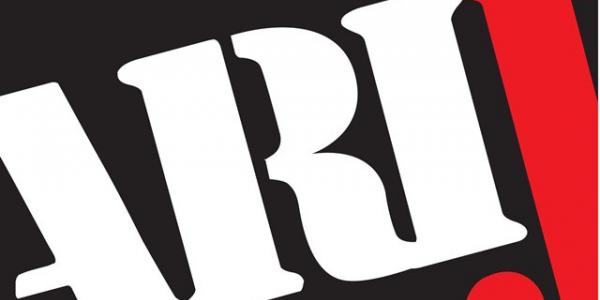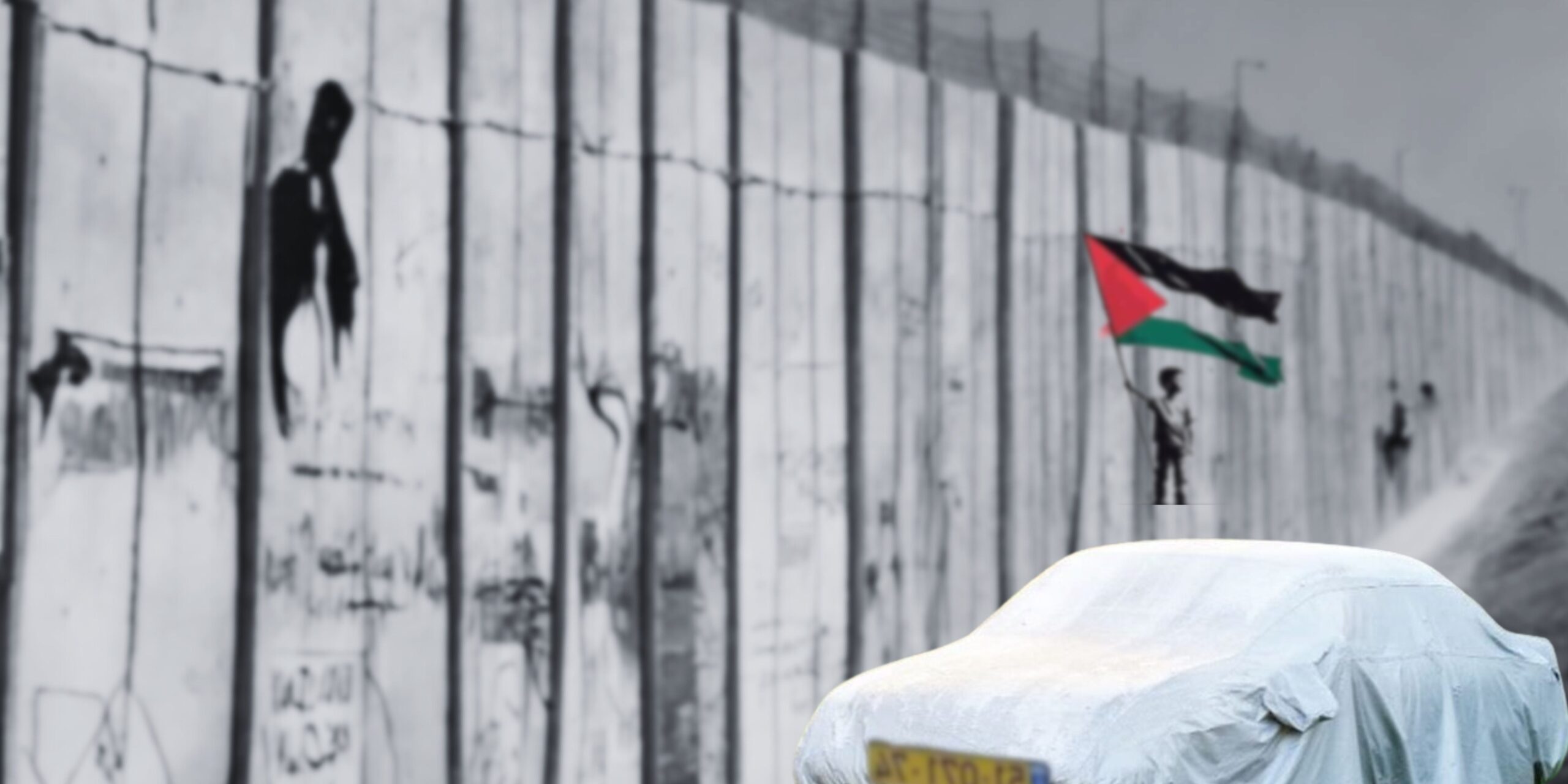Amman – The fourth annual conference for Arab Investigative journalists opens in Amman on Friday to debate the importance of in-depth reporting as media around the world is undergoing a revolution not just of tweets and Facebook postings but of data-driven journalism.
Over 250 Arab and international journalists, editors and media professors from 22 countries will discuss challenges facing investigative journalism, a rarity in the region’s new rooms for a variety of political, legal, social and religious taboos.
The three-day conference is organized by the Amman-based Arab Reporters for Investigative Journalism (ARIJ), the only media support network promoting investigative journalism in nine countries through training, coaching, pre-publication legal screening and funding investigation costs.
‘The contribution of investigative journalism to accountability, development, and democracy is now well recognized, and it has never been more important. These are the stories that matter – in-depth reports on the issues that affect our lives”, said David Kaplan, one of three keynote speakers at the conference.
“I’m privileged to join my colleagues at ARIJ, who are part of a growing, global movement of investigative reporters embracing the latest tools and techniques,” explained Kaplan, a leader in today’s global investigative journalism movement.
Kaplan will share his experience in promoting accountability and social justice by tracking crime and corruption, a global malady. The other key note speaker will assess the future of Arab media in a region undergoing political change since the toppling of the Tunisian and Egyptian presidents early 2011.
They are Yosri Fouda (Egypt), editor and presenter of Egypt’s leading current affairs talk show “Last Word” on OnTv and Ahmed Benchamsi (Morocco), visiting scholar at Stanford University and former publisher, founder and editor of Morocco’s two best-selling weeklies: TelQuel (French) and Nishan (Arabic).
The conference is sponsored by the Copenhagen-based International Media Support (IMS), The Swedish International Development Cooperation Agency (SIDA) and Foundations for Open Society (FOSI). Other sponsors include the embassies of the United States of America, Norway and the Netherlands, The Jordan Kuwait Bank, Aramex, the global transport and logistics services company and Zain, Jordan’s mobile telecommunications company.
Swedish Ambassador to Jordan, Charlotta Sparre, said that only countries that have a plural and free expression of opinions can truly be called democratic. “And investigative journalism with its questioning of established truths and exposure of wrong-doing, has a particularly important role in bringing about the core principle of a democracy: Accountability. [Or as someone has said: ‘help to throw the rascals out’]”.
Key trainers include award-winning journalists Tim Sebastian, chairman and presenter of the Doha Debates and former presenter of BBC’s “Hardtalk”, Dr. Mark Hunter, professor of media at INSEAD and author and editor of the ARIJ Manual for Investigative Journalists; “A Story-based Inquiry”, and Nils Hanson, chief editor of Swedish Television’s investigative team “Uppdrag Granskning”.
Other speakers include Britain’s author and journalist Heather Brooke and Rowan Bosworth-Davies, fraud and money-laundering expert and an accomplished author and broadcaster. Brooke exposed expense accounts of members of parliament that led to the forced resignation of the first House Speaker in 300 years.
The conference sessions will tackle Computer Assisted Reporting (CAR) tools, tracking information, digital source protection, crowd sourcing, using multimedia to tell the story, cross-border networking, questioning techniques, info-graphics, safety of investigative journalists, investigating nuclear power plants and uranium enrichment facilities, and closed militant groups.
The conference offers a rare opportunity for journalists who have worked through ARIJ in Jordan, Syria, Lebanon, Egypt, Iraq, Palestine, Bahrain, Yemen and Tunisia, to share tools of their trade to inspire their Arab and Western colleagues.
Next year’s conference will be held in Tunisia, and the sixth will be held in Egypt in 2013.








